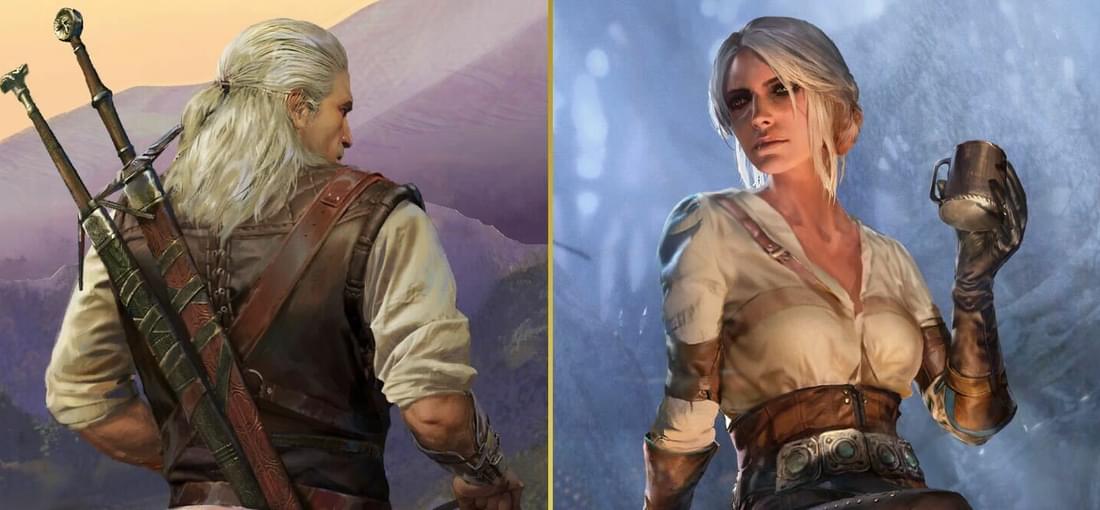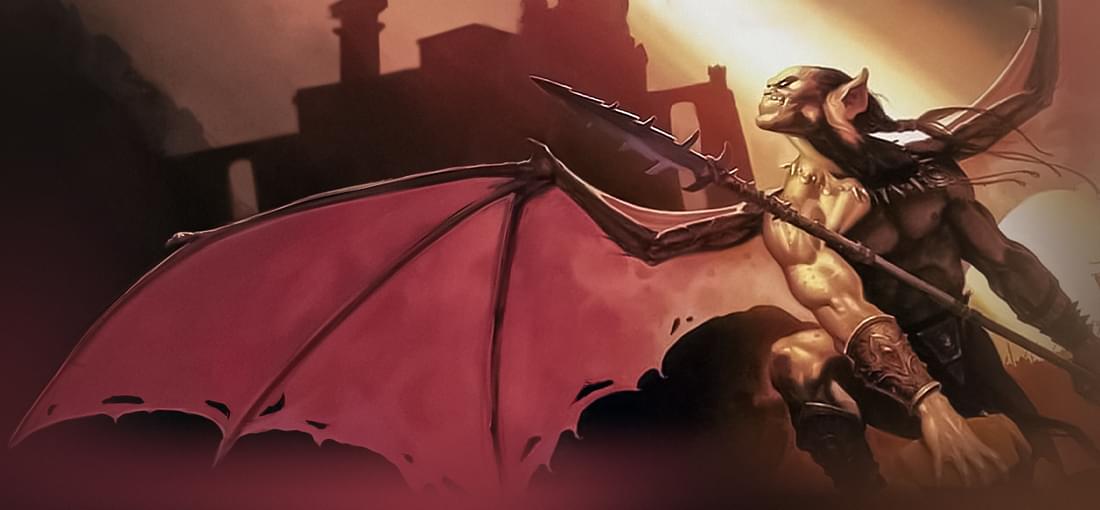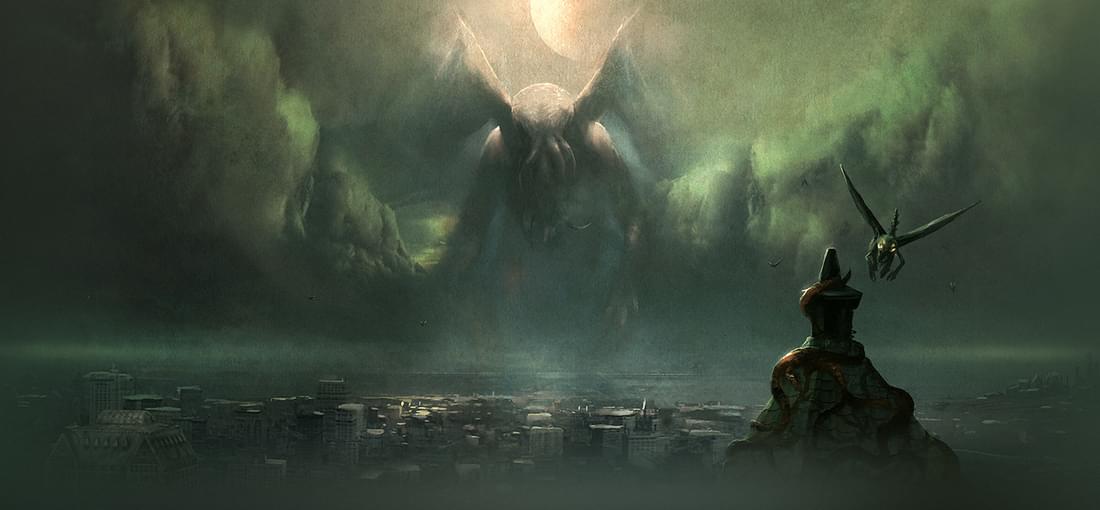


Started playing about a year ago, almost 200 hours played. Never reached higher than rank 8. Pin me for a casual player, in other words. Gwent has some seriously unique mechanics that make it very interesting at first. The more you play and the more expansions get released, however, the more it's strengths become weaknesses. At least in other card games, you can play several cards a turn, or leverage active interrupts during the opponent's turn to try and break his combo or get your own off the ground. Gwent is the card game equivalent of trench warfare. With every new expansion, the number of viable decks even in mid-ranks seems to shrink. Because the core rules of the game are so limiting, the only competitive option is to buy into wathever new mechanic is introduced. To clarify, it's not that more and more cards get obsolete - this is natural. The issue, to me at least, is that a higher and higher % of cards get rendered irrelevant with each new expansion. Gwent is a good game, but from my perspective it's currently neither better nor worse than any other card game on the market. It is, however, quite frustrating and limited, so it gets 2 stars from me.

owo whats dis? So why is a 20 year old turn-based strategy game being released on GOG causing such a stir? Because this is NOT just another predecessor to HOMM or other staples of the genre. Warlords 3 is a completely unique game, its core gameplay abandoned and forgotten by time. At it's heart, this is a game about building optimised army stacks. Combat is completely hands-off, you need to use all tools at your disposal to give yourself the best chance at succeeding in any combat scenario. It's a hurdle at first, but once you understand the game mechanics the greatness of this game will reveal itself: THERE ARE NO BORING TURNS! Each choice you make is impactful in a way that modern games of this genre can only dream of. Do I risk producing a multiturn unit or do I need more chaff? Do I vector production towards the front or do I need more garrison? Do I explore the ruin first or should I rush the town with the gold mine? Do I commit to necromancy or do I learn a new spell? Do I concentrate my strong units in a spearhead stack or spread them out to gain more bonuses? Each turn is a balancing act and the lack of trivial deciscionmaking is very compelling for such an old game. And once you have cut your teeth in the campaign and the random maps, you can always go behind the scenes and design your own faction! Seeing how the game comes together in terms of balance and the amount of parameters you can change is mindboggling. Honestly I could probably write a book about all the intricacies but this is not the time or place. I'd recommend this game to any fan of turn-based strategy. Take the time to consult the manual and understand the game mechanics. There is a great and absolutely unique game waiting on the other side.

I was really looking forward to this game but two major downfalls make me not want to finish it. The game starts out strong with a really in-dept character creation with lots of interesting character options. And then the actual game starts... 1. Not very Lovecraftian. The entire premise of the game is that the town has been transported wholesale into another dimension. The first thing that happens is your character has a surreal nightmare that serves as tutorial. Your character wakes up in the attic of the inn, goes down to the bar, relates his nightmare and everyone is like "yeah, well, who doesn't". I'm sorry, but... One cannot slap some tentacles and a sanity system on a game and call it lovecraftian. There is no tension here between the everyday and the otherworldly, no conflict between insanity and blissful ignorance. The setting is starkly opressive and bizarre, but lovecraftian it is not. 2. The gameplay. Stygian is, at it's heart, a crpg/point-and-click/survival game. Ambitious, combining three genres like that! Let's see how it pans out. Imagine standing in a room, clicking on various objects and reading the well written descriptions, when suddenly the hunger ticks into your rations. Ooops! better rush through the game, I need that cash for weapons and fuel for my lantern, wich by the way also drains in real time. Imagine being arbitarily unable to rest at the inn, franticly searching through town for some other option of recovering health and fatigue, all while - yes that's right - all while the hunger system takes nibbles at your draining cash. I'm sorry, but no. The survival mechanics only detract from the game, and while it's not quite as bad as I make it out, it's an insane design decision in direct conflict with the rest of the game. A highly dissapointing and frustrating experience, 1/5 for me.